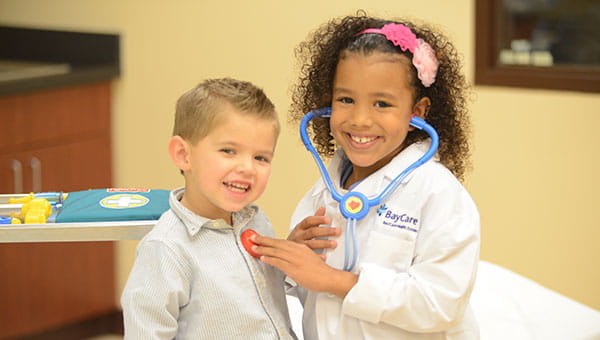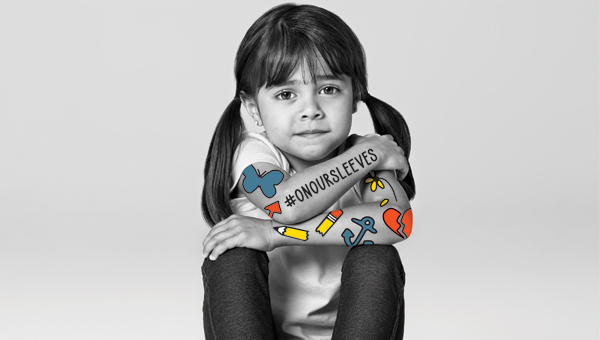Supporting Your Child’s Mental Health
Emotional Empowerment
As parents and guardians, you play a big role in your child’s mental health and well-being. Just like physical health, mental health is important for your child’s success in school and in life. Emotions are an important part of responding to our environment, the people around us and events that occur in our lives. Understanding what an emotion is and how that emotion affects us and others around us is a tool that can be used to help get through good and bad times. It is healthy to express our emotions but also important to remain in control of them. Losing emotional control can have a negative effect personally and on those around us.
The good news is, you can learn to identify and control emotions through practice and demonstrating emotional control to the children in your life. By working together, we can help every child feel emotionally safe, supported, and ready to learn.
Here are some simple, easy-to-remember tips to help:
1. Talk and listen every day- Ask your child about their day and how they are feeling.
- Ask them to think of one good thing that happened today.
- Listen carefully and show you care, even if they are upset or worried.
- Let them know it’s okay to talk about feelings and emotions, both good and bad.
- Set regular times for meals, homework, and bedtime.
- Routines help children feel safe and know what to expect.
- Try to keep family routines even during busy or stressful times.
- Make sure your child gets enough sleep, healthy food, and exercise.
- Limit screen time and encourage outdoor play.
- Teach your child simple ways to relax and de-stress, like deep breathing or drawing.
- Notice and praise your child’s hard work, kindness, or problem-solving.
- Give feedback when you notice them trying to calm an emotion or be more controlled in response to a negative situation.
- Celebrate small successes and progress, not just big achievements.
- Show healthy ways to express emotion and handle stress, like talking things out or taking a walk.
- Let your child see you ask for help when you need it.
- Get to know your child’s teachers and school counselors.
- Ask about school mental health programs or resources.
- Share any concerns you have about your child’s mood, behavior, or learning.
- If your child seems very sad, worried, angry, withdrawn or not in control of their emotions for more than a few days, it may be time to reach out for help.
- Changes in sleep, appetite, grades, or friendships can be signs that your child needs more support.
Written by: Dylan Passero, DO
BayCare Pediatric Residency, PGY-2
Helpful Resources:







